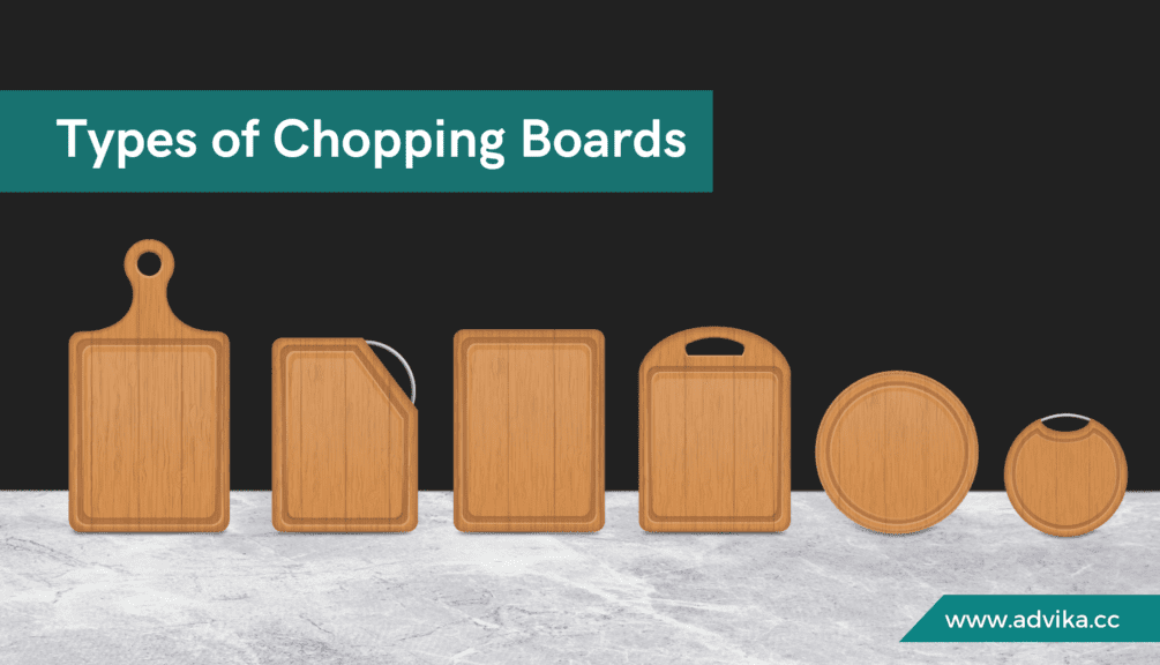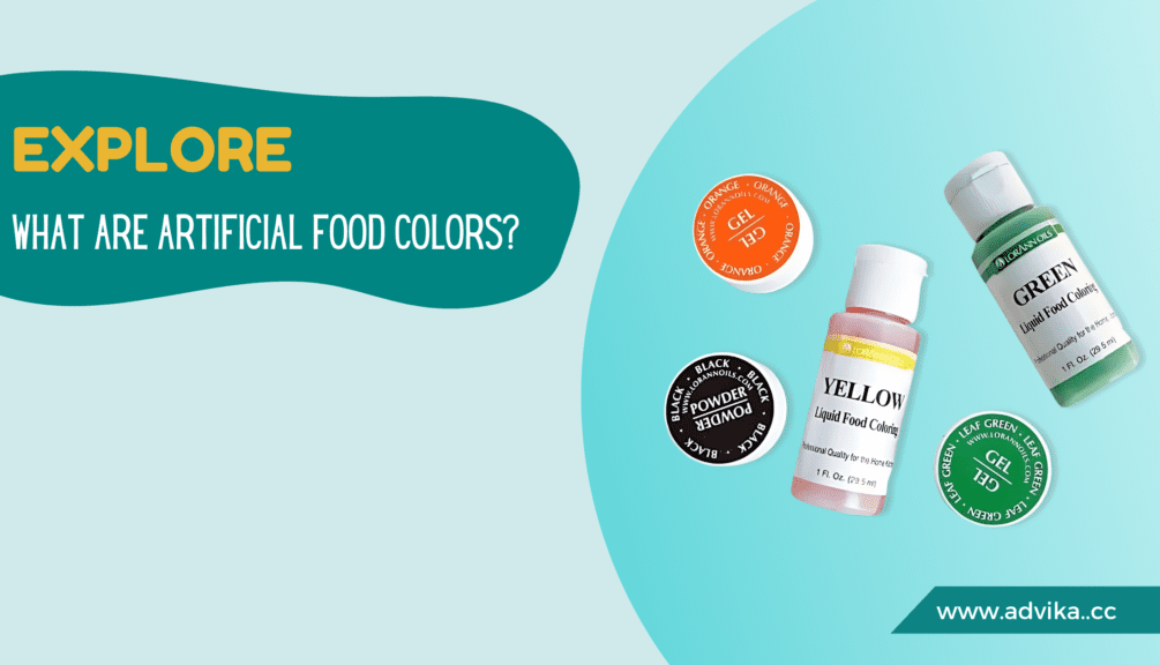Does Alcohol Expire?
Does alcohol expire? This is a common question for many people who enjoy an occasional drink or keep a stocked liquor cabinet for social gatherings. Understanding the shelf life of different types of alcohol can help you make the most of your beverages and ensure they remain enjoyable over time. While some alcohols have an indefinite shelf life, others can degrade in quality, affecting their flavour, aroma, and overall experience.
This complete guide will cover specifics on several types of alcohol: vodka, whisky, rum, tequila, bourbon, gin, brandy, liqueurs, wine, and beer. We will discuss how long each can last, what happens when these alcohols expire, and how to store them properly to help extend their shelf life. Knowing how to manage one’s alcohol inventory can make all the difference in the quality of your drinks, whether you are a casual drinker or a connoisseur.
Does Vodka Go Bad?

Vodka’s very long shelf life is one of its well-known features due to the large amount of alcohol it contains usually 40%. Unopened vodka never expire when properly stored in a cool, dark place. When vodka goes open, it can last quite a number of years, though it begins losing flavour and potency in about a decade. The high alcohol content inhibits bacterial and mould growth, therefore acting as a preservative.
Does Whisky Go Bad?

Whisky also contains a high alcohol content that acts as a preservative, allowing it to be stored for several years. Whisky never expires if it is unopened, but once opened, it is at its best for flavour within 1 or 2 years. If whisky sits out for an extremely long time, exposure to air causes it to oxidise—this loss of flavour and smell results in a poor final product. It should be kept tightly sealed when not being used.
Does Rum Go Bad?

Rum is yet another type of spirit that has a very long survival time due to its high alcohol content. Generally speaking, unopened rum does not have a date of expiration, and it may be drunk safely for many years. When opened, it is best to be consumed within six months to 1 year. Since it’s subject to oxidation, the quality degradation of rum results in a change in taste and smell.
Does Tequila Go Bad?

Unlike wine, which begins to oxidise immediately after opening, all spirits, including tequila, do not go bad if they are unsealed. If stored properly, it never goes bad. Once opened, though, it should be used within a year to enjoy it best. Over this period, it may start to lose its flavour and scent from being exposed to air. Store it in a cool, dark place, and make sure the bottle is tightly sealed.
Does Bourbon Go Bad?

Bourbon, a type of whisky, has preservative qualities like other high-proof spirits. An unopened bottle of Bourbon will never go bad. An opened bottle should be consumed within 1 to 2 years. Over time, it’s exposed to air, which degrades its flavour and aroma, so it’s best to seal the bottle tight when not using it.
Does Gin Go Bad?

Gin is known for its botanical flavours, such as juniper, coriander, and angelica. Unopened gin will not go bad. Once opened, gin should be used within a year for the best flavour. Since the flavour compounds of the gin start deteriorating over time, this leads to a loss of quality. Store it properly in a cool, dark place. In addition, ensure tightly closed bottles to maintain the taste.
Does Brandy Go Bad?

Brandy, by itself, unopened, will not spoil. Nonetheless, it is at its best within 1-2 years after opening for the best flavour. Subsequently, oxidation begins to set in, and the liquor develops an off taste and smell. You should store brandy in a cool, dark place and close the bottle very tightly to keep it fresh.
Do Liqueurs Go Bad?

Liquors generally have a shorter shelf life than spirits since they often contain sugar and other flavourings. While unopened liqueurs may last for some years, all opened liqueurs should be finished within 6 months to 1 year. The high sugar content could cause them to go off or alter in flavour. Always keep a bottle of liqueur in a cool, dark place and make sure that it’s tightly sealed to extend its shelf life.
Does Wine Go Bad?

Wine has a considerably shorter shelf life than spirits. It will stay for some years if unopened, but it is best kept when it’s within its intended ageing period. Opened wine is best within a few days to a week, as oxidation greatly affects the flavour and quality. Store wine in the refrigerator, and use a wine stopper to prolong its life once opened by reducing air exposure.
Does Beer Go Bad?

Beer does have a short shelf life. Depending on the kind and storage conditions, at best, an unopened pack of beer may have a few months to even a year of storage life. Once opened, beer is suitable for a day or maybe two. If beer is exposed to light, heat, or air, it will become stale or unpleasant in flavour. Keeping the beer cold, dark, and tight will work miracles in preserving the flavour.
How to Properly Store Alcohol
Proper storage allows one to maximise the shelf life of alcohol. Here are a few tips:
Keep it cool: Store it in a cool, dark place, away from direct sunlight and heat sources. This will undoubtedly make sense, as excessive heat can speed up a decline in flavours and aromas.
Seal it tight: Make sure bottles are tightly closed to keep the air out and the quality in. A bottle stopper or airtight container will help open bottles.
Store upright: Store bottles upright to reduce the amount of surface area exposed to air. This is especially important for wines and some spirits with cork closures.
Avoiding temperature swings: To prevent spoilage, the conditions around the alcohol should be unchanged. Sudden changes in temperature may cause the liquid to expand and contract, thus affecting its seal and quality.
The shelf life of very many different kinds of liquor—perhaps all—is well understood. Issues in storage are usually responsible for their corruption. Most spirits are indefinitely safe if they remain unopened, but some will degrade in quality after a bottle has been opened. Proper storage in a cool, dark place and keeping the bottles tightly sealed go a long way towards maintaining flavour and aroma.
For personalised advice on managing your alcohol inventory or for professional guidance tailored to your specific needs, consider consulting a food consultant. They can provide expert tips and strategies to help you make the most of your beverages and enhance your overall culinary experience.









